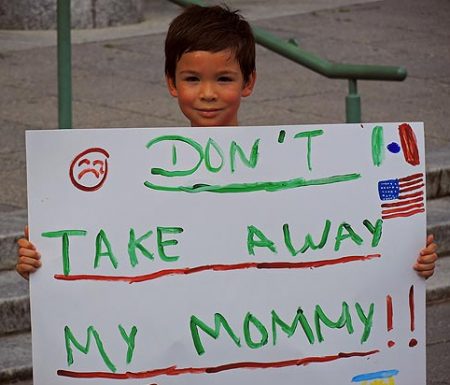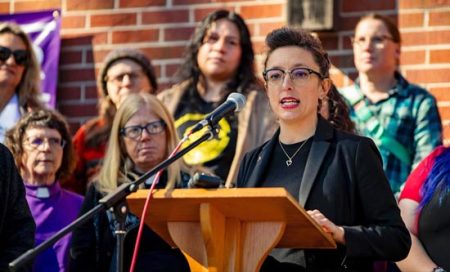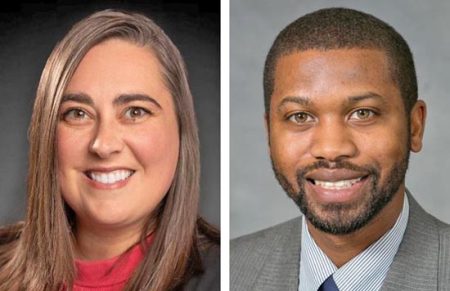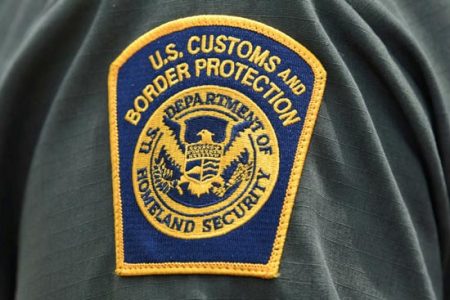When We All Get Together
“We may not all be under the same banner, but we’re in the same battle. We must build movement together at the state level if we are going to change the actions in Congress in D.C.”
That was the admonishment of the Rev. Dr. William J. Barber II in the wake of nationwide rallies marking the 58th anniversary of the 1963 March on Washington for Jobs and Freedom. Barber, who is currently co-chair of the Poor People’s Campaign: a National Call for Moral Revival, was a keynote speaker at the year’s DC rally, billed as the “Make Good Trouble” rally in honor of the late Rep. John Lewis of Georgia.
The day was marked by celebrations all over the country, demanding Congressional passage of the John Lewis Voting Rights Advancement Act and the For the People Act (which would grant statehood to the District of Columbia).
North Carolinians recognize Barber more personally as the bold leader of a coalition that became known as the Moral Monday movement—a coalition including the NAACP and other social justice organizations that, beginning in 2013, targeted the North Carolina Legislature with their bodily presence.
For four years, throngs of disparate advocates pushed—physically—for change in such key issues as health care, criminal justice, voting rights, and immigrants’ rights. In its very first year, that movement saw more than a thousand protestors arrested for their vocal advocacy. And the coalition dynamic led to a nationwide movement led by Barber and co-chair Rev. Dr. Liz Theoharis.
The diversity of causes and social justice groups working together under the Poor People’s Campaign umbrella was reflected not just in Washington on August 28, but in various cities and states around the country through a “virtual march” that included a rally at the “home plate” of the North Carolina’s original coalition activity: outside the NC Legislature Building in downtown Raleigh.
The NC companion event—Rally for Immigration Reform at the Bicentennial Plaza—took place on a steamy, 91ºF day with a heat index above 100. The plaza event featured a livestream of Rev. Barber’s DC speech, along with representatives from local and state immigration advocacy groups such as El Colectivo NC, a membership group of Latinx grassroots and nonprofit organizations and allies; Comité Popular Somos Raleigh community organization; Comité Popular Asheville por la Justicia Social; and Care in Action, a policy and advocacy organization for domestic and care workers.
Entertainment on the scorching afternoon included such multicultural groups as the Argentinian-American string band Che Apalache, the local Raging Grannies, and Mexican folk dancers Grupos Folkloricos.
“When we all get together—what a day, what a day of justice that will be,” roared the Rev. Barber as he ended his observations regarding the multi-cultural, multi-racial, multi-issue coalition that came together on the 28th. North Carolina had offered its own reflection of that for a few hours outside the Legislative Building—basking in the hot sun but also in the cool reflections of the power of many Moral Mondays and of strength through coalition.








